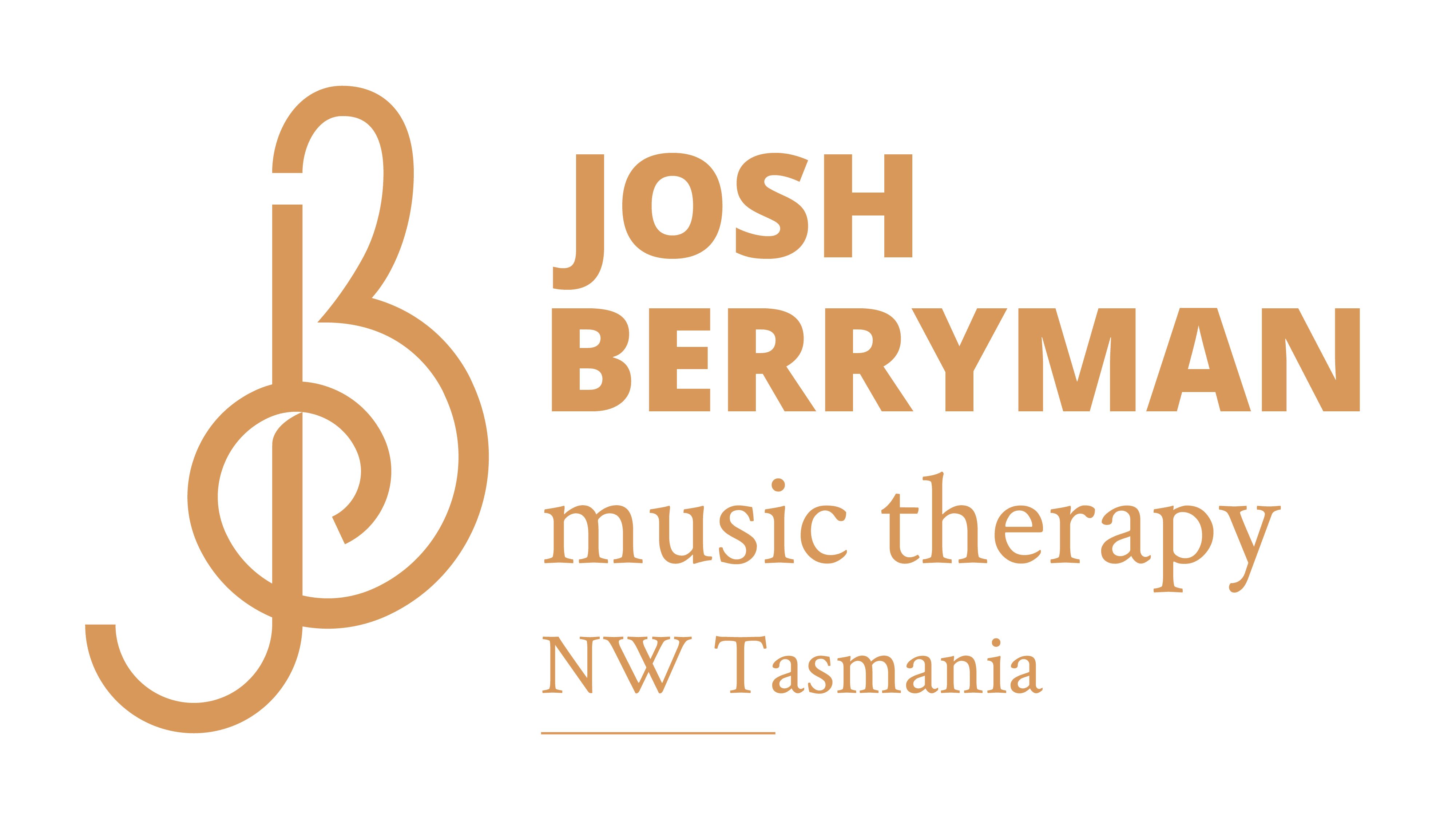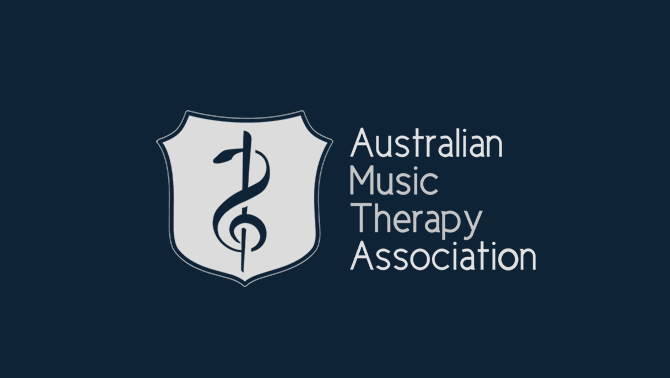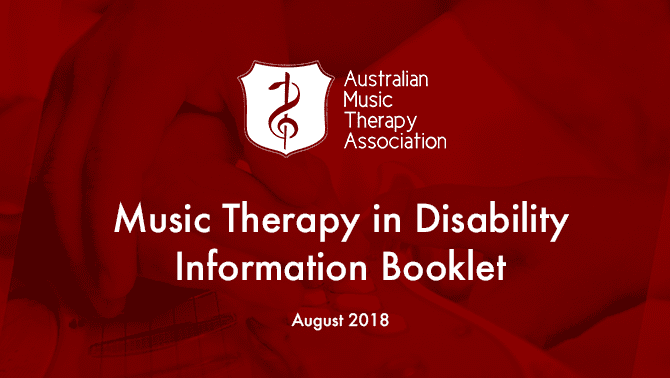Music Therapy for Tasmanians
“Music evolved because of its capacity to promote group cohesion and cooperation. Music can influence arousal and mood states, and sharing these affective experiences may enhance social bonds.” ― Huron, 2001
Music Therapy
My Vision
All people have access to services that will assist them to achieve health, functioning and wellbeing and are given choice and control when accessing these services.
My Mission
To provide a high quality service and to maintain a person centered approach while working with people respectfully to achieve personal and therapeutic goals.
Music Therapy Services
Music Therapy Services
- Disability
- Aged care
- Palliative care
- Mental health
- Rehabilitation
- Early childhood development
Common goals
- Emotional regulation
- Behavioural outcomes
- Expressive communication
- Receptive communication
- Gross motor skills
- Fine motor skills
- Social skill development and social connections
- Cognition including:
- Focus and attention
- Working memory
- Flexible thinking
- Self-control
- Sequencing
- Organising
- Planning
- Prioritising
- Self-monitoring
About Music Therapy
What is Music Therapy?
Music therapy is a research-based practice and profession in which music is used to actively support people as they strive to improve their health, functioning and wellbeing.
What do Music Therapists do?
Music therapists work with people to achieve cognitive, functional, behavioural or social and emotional outcomes within an individual therapeutic relationship or a group setting. Music therapists use a wide range of music therapy techniques including but not limited to singing, instrument playing, music and movement, music and relaxation and music with sensory stimulation.
What is a Music Therapist?
A music therapist in Australia is a university trained professional who is registered with the Australian Music Therapy Association (AMTA). Registered music therapists, or RMTs are required to complete approved professional development activities in order to maintain registration with the AMTA and are bound by a code of ethics.

Josh Berryman – Music Therapist
I was born in Tasmania and grew up on the north west coast. I completed a bachelor of performing arts at the University of Tasmania before spending about three years as a professional musician in Melbourne and Queensland. I spent the following six years living and working as an English teacher in Japan and in Indonesia. During this time I developed a deep understanding and respect for other cultures and people from diverse backgrounds. In 2010 I moved back to Australia to study psychology and sociology at the University of Tasmania as a prerequisite to studying a master of music therapy at the University of Melbourne.
Since becoming a music therapist, I have predominantly worked with people with disability, older adults in aged care, in early childhood, mental health, alcohol and other addiction and as a student welfare officer at Giant Steps. In addition to my various music therapy roles, recent relevant experience includes working at the National Disability Insurance Agency (NDIA) as a senior planner in the complex support needs pathway and as a support coordinator.
In 2021, I completed a graduate certificate of positive behaviour support (PBS) through Flinders University. This experience gave me an opportunity to learn from an experienced clinical supervisor and to broaden my skills through developing a comprehensive behaviours support plan. My enhanced understanding of PBS processes has resulted in me being well positioned to work along side PBS practitioners in my current role of music therapist. As music therapy is a face to face service, I have opportunities to develop positive therapeutic relationships with people and regularly provide valuable information to the PBS practitioners to help understand the function of complex behaviours and develop, implement and refine PBS strategies specific to the person’s needs.
In addition to behavioural outcomes, I commonly work with NDIS participants to improve quality of life through helping people with a range of goals related to communication, cognition, physical movement and emotional regulation. I adopt a relaxed and flexible approach while working as either an independent therapist or as a part of an allied health team. I am passionate about providing a quality service and being connected with my local community.
Education
- Bachelor of Performing Arts – University of Tasmania
- Master of Music Therapy – University of Melbourne
- Graduate Certificate in Positive Behaviour Support – Flinders University
Contact Josh
Please reach out with any questions or for more information about appointments and services using the contact details below.



